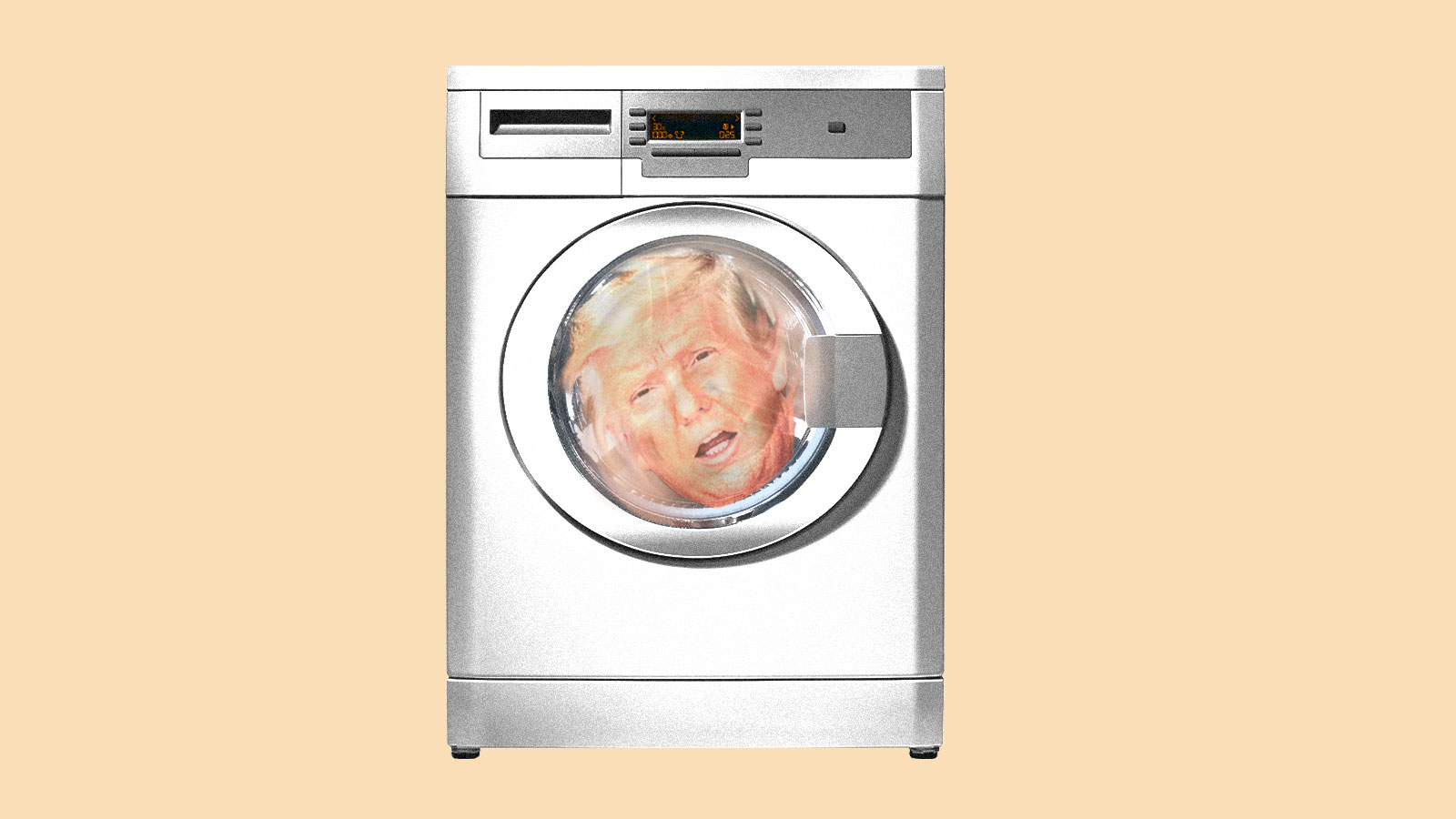President Joe Biden’s Department of Energy continued reversing the Trump administration’s assault on energy efficiency standards this week by undoing rules that would have allowed certain models of dishwashers, clothes washers, and dryers to use unlimited water and energy.
Advocates for energy efficiency applauded the move but argued that the Biden administration has not been moving fast enough to undo former President Donald Trump’s damage to appliance standards. They want the Department of Energy not only to overturn Trump’s rules but also to begin the process of setting new, more stringent standards.
“Undoing this Trump gimmick is a needed step, but the administration still needs to finish undoing several other Trump rollbacks and start updating standards for dozens of products,” Andrew deLaski, executive director of the Appliance Standards Awareness Project, an advocacy group, said in a statement.
The gimmick is that the Trump administration invented a new product class for dishwashers, washers, and dryers that default to a short cycle, exempting them from existing efficiency standards. Trump promised it would foster faster appliances, but many clothes washer and dryer models already had short cycle times and met the efficiency standards. Several appliance manufacturers publicly opposed the Trump rule change, and since it was finalized, no major manufacturer has created a product to exploit the loophole.
Strong efficiency standards lower consumers’ energy bills and cut carbon emissions, and they’re also essential to easing the larger transition to clean energy sources. Americans are going to become increasingly dependent on the electric grid as people move away from driving gasoline-powered cars or using fossil fuel–burning boilers and furnaces to heat our homes. By ensuring that homeowners are buying the most efficient dryers, lightbulbs, and other energy-consuming products, the country can offset some of that increased demand, putting less strain on the grid.
On the day he stepped into the White House, Biden signed an executive order directing agencies to identify actions by his predecessor that were inconsistent with the new administration’s goals to protect public health and the environment and to tackle climate change. In February, the Department of Energy identified 13 actions related to appliance efficiency standards that it would consider “suspending, revising, or rescinding,” by the end of 2021. But by the end of last month, it had not gotten very far down the list.
While the dishwasher and washer/dryer rule didn’t have a sizable real-world impact, the Appliance Standards Awareness Project, or ASAP, asserts that Trump’s decision to cancel a planned update to lightbulb efficiency standards is doing damage every day. ASAP estimates that the current standards cost Americans an unnecessary $300 million on their energy bills every month and that the inefficient bulbs sold each month cause 800,000 tons of preventable CO2 emissions.
The Biden administration issued a proposal in December for a new standard that would shift the market to more efficient LED bulbs over time, but it is unlikely to be finalized for several months, according to Steven Nadel, the executive director of the American Council for an Energy-Efficient Economy, a nonprofit research group.
There are still more Trump-era “gimmicks” to undo for boilers, furnaces, and water heaters. Advocates are eager to get these changes across the finish line so that the Department of Energy can move to setting new standards. The Energy Department is legally required to review appliance standards every six years, but that process basically stalled out during the Trump administration, and the agency is now behind schedule on updating standards for more than 30 products.
A 2020 report by ASAP and the American Council for an Energy-Efficient Economy found that increasing minimum efficiency standards for furnaces — which haven’t been meaningfully changed since the 1980s — as well as water heaters were the biggest opportunities to cut emissions.
“If we keep installing models that use yesterday’s less-efficient technology, we’ll lock in needless energy costs and carbon emissions for decades to come,” said Joanna Mauer, lead author of that report, in a statement. “Strengthening standards ensures everyone has lower costs.”




